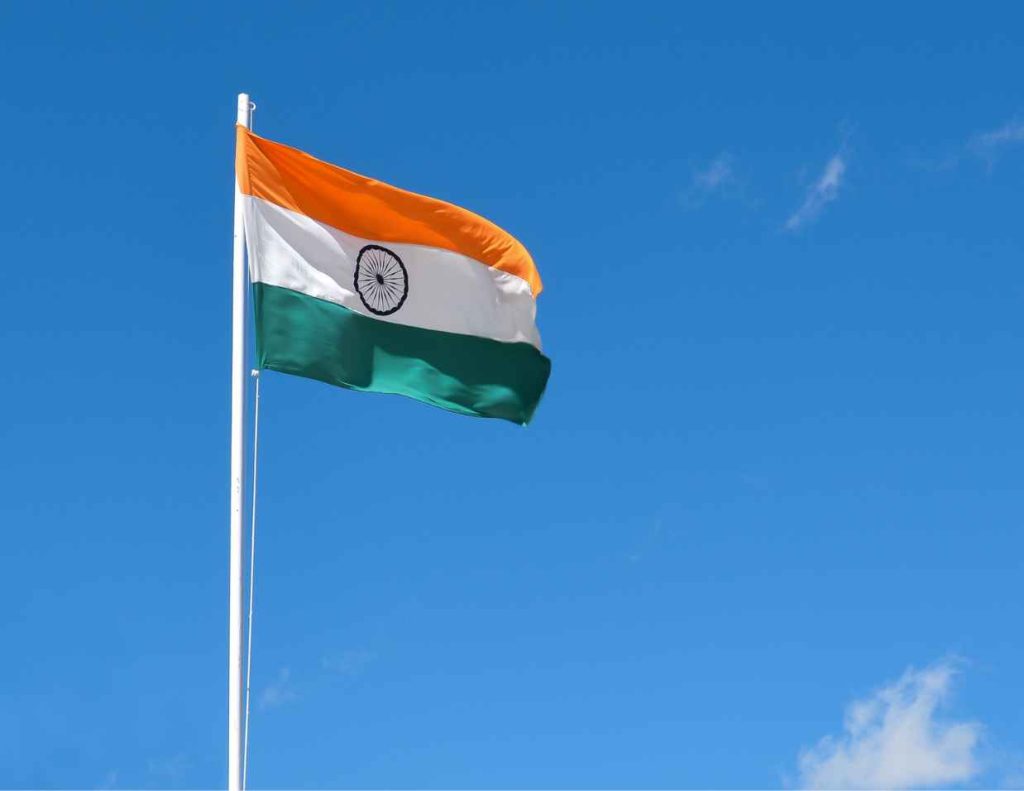India’s Permanent Membership of the UNSC

India’s absence from the permanent membership of the United Nations Security Council (UNSC) is a topic of concern, discussion and debate. Currently, the UNSC consists of five permanent members – China, France, Russia, the United Kingdom, and the United States – and ten non-permanent members elected for two-year terms. India is one of the world’s largest democracies and an emerging global power but has not yet secured a permanent seat on the council.
The government has actively engaged with the international community, including member states of the United Nations, to garner support for India’s bid for permanent membership. Prime Minister Narendra Modi and other senior officials have held bilateral meetings, participated in international summits, and conducted diplomatic outreach to advocate for India’s inclusion as a permanent member.
The Largest Democracy Deserves Permanent Membership
India is the world’s largest democracy, with over 1.3 billion people. Its growing economy, military capabilities, and technological advancements make it a significant global player. As one of the fastest-growing major economies and a major contributor to UN peacekeeping missions, India’s inclusion as a permanent member better reflects the geopolitical realities of the 21st century.
India is crucial in promoting stability and peace in its region and beyond. As a responsible actor in South Asia, India has been actively engaged in conflict resolution, peacebuilding, and humanitarian efforts. Its inclusion in the UNSC as a permanent member would enhance regional representation and provide a stronger voice for South Asian countries in global security matters.
India has a longstanding commitment to international peace and security. It has consistently supported the principles enshrined in the UN Charter, including the peaceful settlement of disputes, disarmament, and the promotion of human rights. India’s track record as a responsible nuclear power and its role in combating terrorism demonstrate its dedication to global peace and security.
India’s experience as a developing country gives it unique insights into the challenges a significant portion of the world’s population faces. Its inclusion as a permanent member would ensure that the perspectives of developing nations are better represented in the decision-making processes of the UNSC. India’s development-oriented approach and expertise in poverty alleviation, healthcare, and renewable energy can contribute to shaping more inclusive and sustainable global policies.
The Modi government has sought to strengthen India’s global partnerships and alliances to enhance its credentials for permanent membership. Through strategic partnerships and initiatives like the India-Africa Forum Summit, India-ASEAN (Association of Southeast Asian Nations) engagements, and engagements with major powers, India has worked towards building broader support for its bid.
India has garnered significant support from a wide range of nations and regional blocs for its bid for permanent membership. Various countries recognize India’s contributions to global peacekeeping efforts, its respect for democratic values, and its potential to play a constructive role in addressing global challenges. India’s inclusion would help bridge the gap between developed and developing nations and create a more representative and balanced UNSC.
The Modi government has engaged in Track II diplomacy, involving non-governmental organizations, think tanks, and academic institutions. Experts and scholars discuss and exchange ideas on UN reforms through these platforms, including expanding permanent membership. This engagement helps shape public opinion, build consensus, and generate awareness about India’s aspirations for permanent membership.
India’s vibrant democracy, respect for human rights, and commitment to the rule of law align with the fundamental principles of the United Nations. As a diverse and pluralistic society, India represents a unique model of democratic governance, religious tolerance, and multiculturalism. Its inclusion as a permanent member would send a powerful message about the importance of democratic values in shaping global affairs.
The Hindrances
The five current permanent members of the UNSC – China, France, Russia, the United Kingdom, and the United States – hold veto power and have differing views on expanding the council. Each member has their strategic interests and concerns regarding including new permanent members. Obtaining the consensus of these countries is crucial for any reform of the UNSC, including India’s bid for permanent membership.
Discussions on UNSC reform, including the expansion of permanent membership, have faced challenges due to divergent interests and positions among member states. Negotiations have often reached a stalemate, with no consensus on the criteria, number, or selection process for new permanent members. The complex nature of the reform process poses a significant obstacle to India’s aspirations for permanent membership.
India’s bid for permanent membership is not immune to regional dynamics and rivalries. Some countries within the region may have reservations or differing views on India’s inclusion, which can impact the overall dynamics of UNSC reform negotiations. Regional complexities and conflicting interests among neighboring nations can obstruct India’s pursuit of permanent membership.
The global geopolitical landscape is constantly evolving, and the interests and priorities of nations may shift over time. The changing dynamics of global power, emerging alliances, and geopolitical realignments often influence the prospects of UNSC reform and impact India’s pursuit of permanent membership.
India has consistently raised the issue of UNSC reform at the United Nations General Assembly (UNGA). Prime Minister Modi has reiterated India’s commitment to a more representative and effective UN system in his addresses to the UNGA. The government has called for renewed efforts and political will to move forward with the long-pending UNSC reforms.
India’s permanent membership in the UNSC would not only be in India’s national interest but also in promoting a more representative, equitable, and effective global security architecture. India’s growing global influence, commitment to peace and security, and potential to contribute to global challenges make it a deserving candidate for permanent membership, capable of better reflecting the aspirations and realities of the international community.
